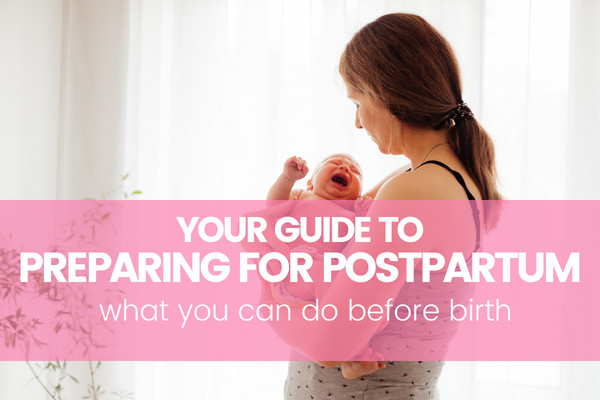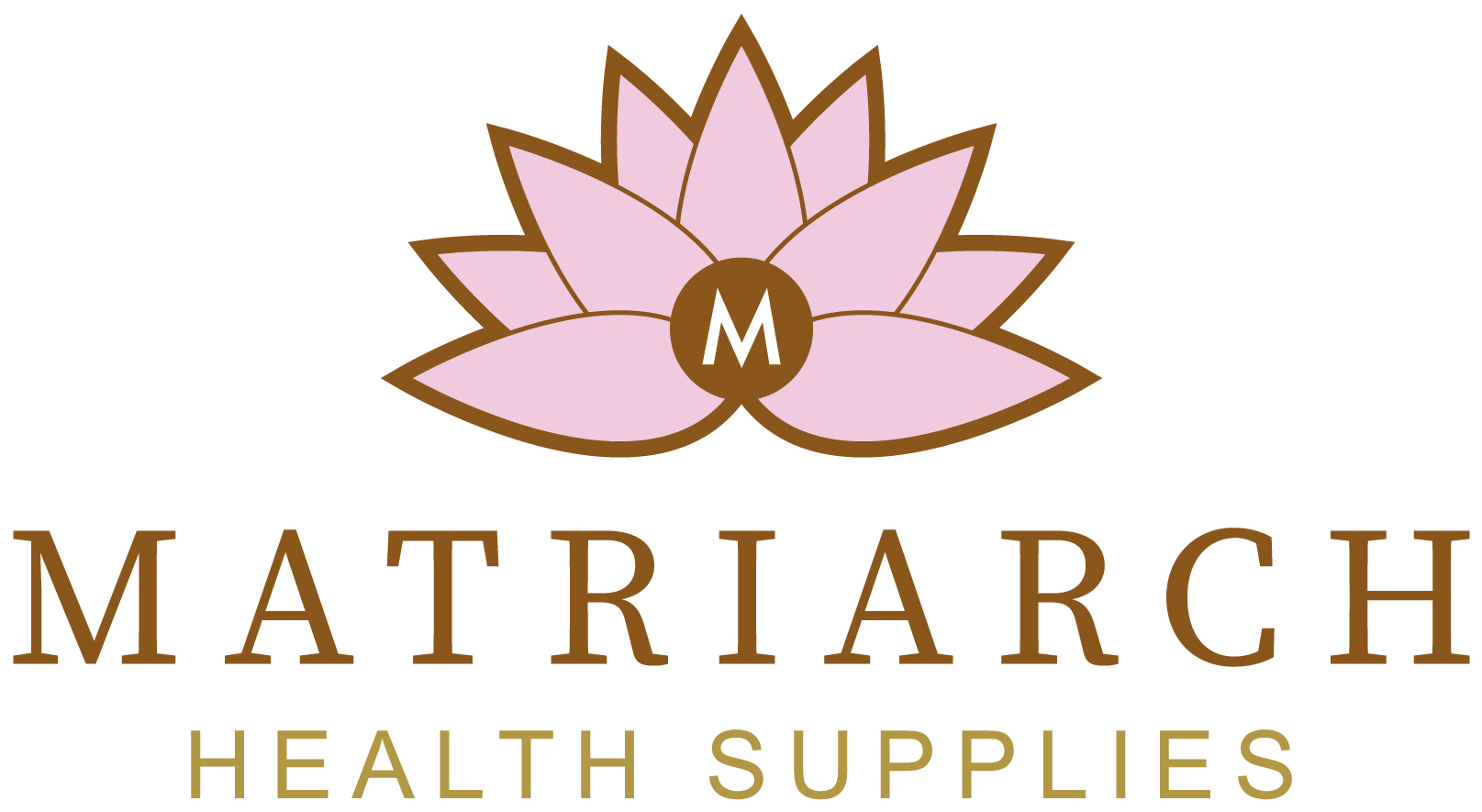Postpartum is a critical period for new mothers, filled with both joy and challenges. The physical and emotional changes that occur after childbirth can be overwhelming, and it’s essential to take a holistic approach to recovery. This blog will explore various aspects of postpartum care, including diet, exercise, socializing, sleep, and medication, among other important factors.

Understanding Postpartum Recovery
Postpartum recovery begins immediately after childbirth and can last for weeks or even months. During this time, the body heals from the stresses of pregnancy and childbirth. Hormonal fluctuations, sleep deprivation, and the demands of caring for a newborn can make this period particularly challenging. It’s important for new mothers to prioritize their physical and mental health to ensure a smooth recovery.
Diet: Nourishing the Body for Recovery
Nutrition plays a crucial role in postpartum recovery. A balanced diet can help replenish lost nutrients, boost energy levels, and support overall health.
1) Focus on Nutrient-Dense Foods:
The furniture you choose for the nursery will be used daily, so it’s important to invest in pieces that are both functional and durable. Safety should be your top priority, but comfort and style are also key considerations.
- Protein: Vital for tissue repair and muscle recovery. Include lean meats, eggs, legumes, and dairy.
- Iron: Essential for replenishing blood lost during childbirth. Incorporate iron-rich foods like red meat, leafy greens, and fortified cereals.
- Calcium and Vitamin D: Important for bone health, especially if breastfeeding. Sources include dairy, fortified plant milks, and leafy greens.
- Omega-3 Fatty Acids: Supports brain health and may help reduce postpartum depression. Found in fatty fish, flaxseeds, and walnuts.
2) Stay Hydrated
Water is essential for hydration, especially for breastfeeding mothers, as it aids in milk production. Aim for at least 8-10 glasses of water per day.
3) Postpartum Cravings and Weight Loss
It’s normal to experience cravings, but it’s essential to maintain a balance. Avoid restrictive diets; instead, focus on healthy, satisfying meals that support weight loss gradually.
Exercise: Rebuilding Strength and Stamina
Exercise can be an effective way to regain strength and improve mood postpartum. However, it’s important to approach exercise with care, especially in the early weeks.
1) Start Slow
Begin with gentle exercises like walking, which can help improve circulation and boost energy without overexertion.
Pelvic floor exercises, such as Kegels, are essential for strengthening muscles weakened during childbirth.
2) Gradually Increase Intensity
Around six weeks postpartum, with your healthcare provider’s approval, you can gradually reintroduce more intense activities like yoga, pilates, or light strength training.
3) Benefits of Exercise
Regular exercise helps in weight management, reduces the risk of postpartum depression, and improves overall well-being.
4) Listen to Your Body
Avoid pushing yourself too hard. If you feel pain, dizziness, or excessive fatigue, stop and consult your healthcare provider.
Socializing: Building a Support Network
Social support is vital during the postpartum period. Isolation can contribute to feelings of loneliness and depression, so staying connected with others is crucial.
1) Lean on Family and Friends
Many communities offer postpartum support groups where you can meet other new mothers. Sharing experiences and advice can be incredibly reassuring.
2) Join Postpartum Support Groups
Around six weeks postpartum, with your healthcare provider’s approval, you can gradually reintroduce more intense activities like yoga, pilates, or light strength training.
3) Keep the Lines of Communication Open with Your Partner
Your partner can be your most important ally during this time. Make sure you’re both communicating openly about how you’re feeling and what you need from each other.
4) Consider Online Communities
If in-person socializing isn’t feasible, online communities and forums can offer valuable support and advice.
Sleep: Prioritizing Rest in the Newborn Stage

Sleep deprivation is one of the most challenging aspects of postpartum recovery. While it’s difficult to get a full night’s rest with a newborn, finding ways to improve sleep quality is crucial.
1) Sleep When the Baby Sleeps
This age-old advice holds true. Take naps during the day when your baby is sleeping to help compensate for lost nighttime sleep.
2) Create a Restful Environment
Keep your bedroom cool, dark, and quiet to promote better sleep. Consider using white noise machines or blackout curtains.
3) Share Nighttime Duties
If possible, share nighttime feedings and diaper changes with your partner or another trusted caregiver.
4) Practice Relaxation Techniques
Techniques such as deep breathing, meditation, or progressive muscle relaxation can help you fall asleep more easily when you have the chance.
Medication: Navigating Postpartum Needs
Medication can be a critical component of postpartum care, particularly for managing pain, preventing infection, or addressing mental health issues.
1) Pain Management
Over-the-counter pain relievers like ibuprofen or acetaminophen can help manage postpartum pain. For more severe pain, your healthcare provider may prescribe stronger medications.
2) Mental Health Medications
Postpartum depression and anxiety are common, and medication may be necessary for some women. Antidepressants or anti-anxiety medications can be prescribed, and it’s important to discuss the benefits and risks with your doctor, especially if you’re breastfeeding.
3) Birth Control
Postpartum is also a time to consider birth control options. Many types are safe to start shortly after birth, including IUDs, implants, and progestin-only pills. Your healthcare provider can help you choose the right method.
Mental Health: Recognizing and Addressing Postpartum Depression
Mental health is a critical component of postpartum care. The “baby blues” are common, but if feelings of sadness, anxiety, or hopelessness persist, it’s essential to seek help.
1) Understand the Signs of Postpartum Depression (PPD)
Symptoms include intense sadness, withdrawal from loved ones, loss of interest in activities, difficulty bonding with the baby, and thoughts of harming oneself or the baby.
2) Seek Professional Help
If you suspect you have PPD, consult your healthcare provider immediately. Therapy, medication, or a combination of both can be very effective.
3) Lean on Your Support Network
Don’t isolate yourself. Talk to your partner, family, or friends about how you’re feeling. Sometimes, just sharing your thoughts can be a relief.
4) Practice Self-Compassion
Remind yourself that it’s okay to feel overwhelmed and that you don’t have to be perfect. Taking care of your mental health is just as important as caring for your baby.
Breastfeeding: Balancing Nutrition and Comfort
Breastfeeding is a personal choice and can be a rewarding experience for many mothers. However, it can also come with challenges.
1) Nourish Yourself for Nursing
Breastfeeding burns extra calories, so it’s important to eat a nutrient-rich diet that supports milk production. Foods high in protein, calcium, and healthy fats are essential.
2) Address Common Challenges
Issues like sore nipples, engorgement, or mastitis can make breastfeeding painful. Lactation consultants can provide valuable guidance on proper latching techniques and breast care.
3) Consider Your Comfort and Convenience:
Breastfeeding in a comfortable position and using supportive pillows can make a big difference. Also, don’t hesitate to use breast pumps if direct breastfeeding isn’t always possible.
4) Don’t Be Afraid to Supplement
If breastfeeding isn’t working out or you choose not to breastfeed, formula is a perfectly healthy alternative. The most important thing is that your baby is fed and that you feel comfortable with your choice.
Self-Care: Reconnecting with Yourself
Taking care of yourself is not selfish; it’s necessary. Postpartum self-care involves more than just the basics of eating well and getting rest—it’s about finding moments to reconnect with who you are outside of being a mother.
1) Find Small Joys
Whether it’s reading a book, taking a bath, or enjoying a cup of coffee in peace, small acts of self-care can help rejuvenate you.
2) Engage in Activities You Love
Try to find time to engage in hobbies or activities that you enjoyed before having your baby. This can help maintain a sense of identity outside of motherhood.
3) Don’t Neglect Your Relationships
Nurture your relationship with your partner and friends. Spend quality time together, even if it’s just a few minutes a day.
4) Practice Mindfulness
Mindfulness practices, such as meditation or journaling, can help you stay present and manage stress. These activities can provide a much-needed mental break during a busy day.
Seeking Professional Help
Sometimes, despite your best efforts, postpartum challenges can feel overwhelming. There’s no shame in seeking professional help, whether it’s from a therapist, a lactation consultant, or a postpartum doula.
1) Therapy and Counseling
Speaking with a mental health professional can be incredibly beneficial, especially if you’re dealing with postpartum depression, anxiety, or other emotional challenges.
2) Lactation Consultants
If you’re struggling with breastfeeding, a lactation consultant can offer personalized advice and support.
3) Postpartum Doulas
A postpartum doula can provide hands-on assistance with newborn care, household tasks, and emotional support during the early weeks of motherhood.
4) Regular Check-Ups
Don’t skip your postpartum check-ups. These appointments are crucial for monitoring your physical and mental health.
Conclusion: Embracing the Postpartum Journey
The postpartum period is a unique and often challenging time, but it’s also an opportunity to grow and learn as a mother. By focusing on diet, exercise, social connections, sleep, medication when needed, and self-care, you can navigate this phase with greater ease. Remember, it’s okay to ask for help and take things one day at a time. Your well-being is just as important as your baby’s, and by taking care of yourself, you’re better equipped to care for your little one.
Every mother’s postpartum journey is different, and there’s no “right” way to navigate this period. What’s most important is finding what works best for you and your family. Whether you’re leaning on your support network, seeking professional help, or simply finding moments of peace in the chaos, know that you are doing an incredible job. Postpartum recovery is a process, and with time, patience, and self-compassion, you will find your rhythm as a new mother.


